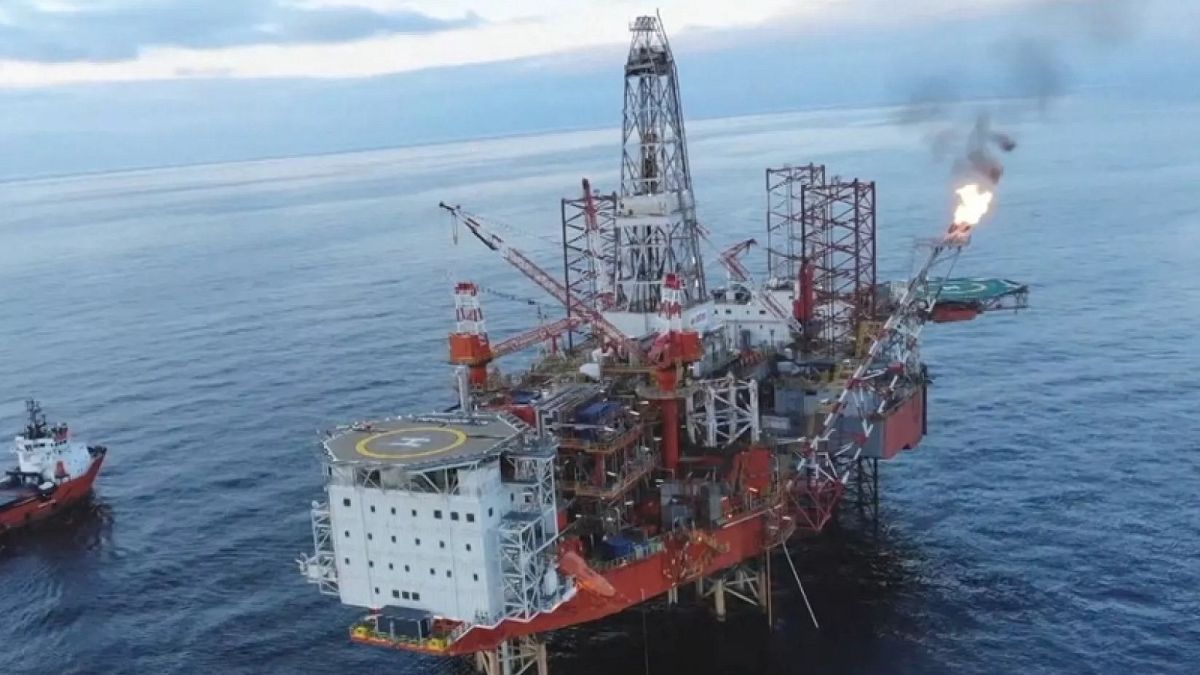

In the rapidly evolving landscape of global energy and industry, recent developments offer hopeful prospects. News of significant oil and natural gas findings in Poland, alongside Uzbekistan’s commitment to enhancing its rare material extraction techniques, and AstraZeneca’s substantial investment in the United States highlight a time of transformation and opportunity.
Poland made headlines with a remarkable discovery beneath the Baltic Sea, potentially shifting Europe’s energy dynamics. Estimated at 22 million tonnes of crude oil and 5 billion cubic meters of natural gas, the Wolin East 1 well stands as one of the largest oil deposits discovered in Europe over the past decade. Analysts widely regard this discovery as a pivotal moment, suggesting it could reduce European dependence on Russian energy resources, contributing to a more balanced energy mix within the continent. As Europe looks to diversify its energy landscape, such discoveries can serve as critical components in achieving energy security and sustainability.
At the same time, Uzbekistan emerges as a proactive player in the global energy transition. The nation is enhancing its mining exports, particularly focusing on rare materials like uranium. By employing cleaner extraction techniques and forming strategic partnerships, Uzbekistan is positioning itself as a key supplier within the worldwide supply chains. These efforts are integral to supporting the global move towards sustainable energy sources and technologies, including those integral to electric vehicles and renewable energy systems.
The advancements extend beyond energy resources, as demonstrated by AstraZeneca’s plans to bolster its presence in the United States. The British-Swedish pharmaceutical giant has pledged an impressive $50 billion investment, aiming to secure its market share amidst the uncertain tariff landscape. By deepening its ties with the US market, AstraZeneca intends to capitalize on new opportunities, ensuring its continued growth and contribution to healthcare innovations.
These developments, while distinct in nature, collectively underscore a broader trend of resilience and adaptation across different sectors. Poland’s embrace of newfound fossil fuel resources can play a significant role in energy independence, offering an opportunity for Europe to establish a more diversified and secure energy portfolio. Meanwhile, Uzbekistan’s green mining initiatives not only support global supply chains but also exemplify a responsible approach to natural resource exploitation, balancing economic interests with environmental stewardship.
AstraZeneca’s foray into the American market mirrors these efforts by highlighting the importance of strategic investments and partnerships in a complex international environment. It reflects the dynamic interplay between global business strategies and geopolitical factors, demonstrating how companies can thrive despite potential challenges.
As these stories unfold, they serve as reminders of the interconnectedness of the world’s economies and the importance of thoughtful innovation and collaboration. The positive impact of such efforts can extend far beyond immediate economic gains, contributing to a more sustainable and secure future for all. In navigating this evolving landscape, governments, businesses, and communities alike have the opportunity to contribute to a shared vision of progress and well-being.
Source: {link}
